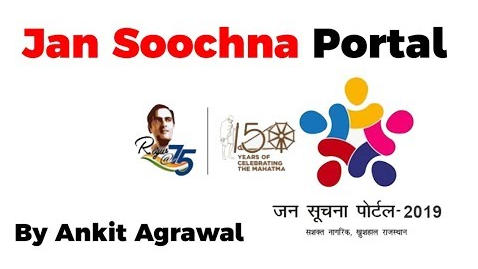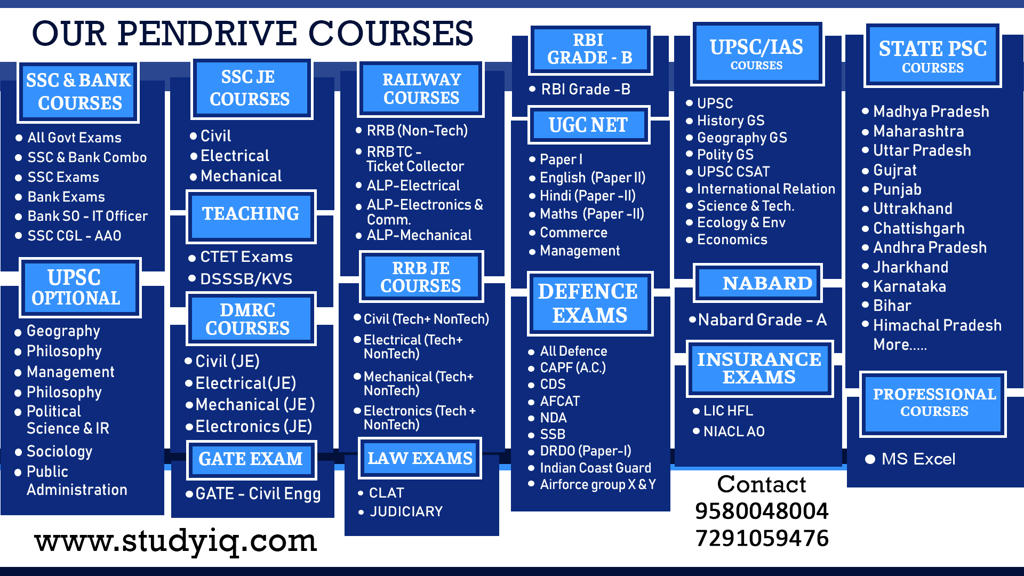Table of Contents

INTRODUCTION
- On September 13, Rajasthan chief minister Ashok Gehlot launched a “Jan Soochna Portal”
- The portal has been created by the Department of Information Technology and Communication(DoIT&C) in collaboration with civil society.
- It is aimed at easing the access to information for the beneficiaries of welfare schemes
. SECTION 4(2) OF RTI
- JSP realises the true intent behind Section 4(2) of the RTI Act of 2005.
- In essence, this section requires public authorities to proactively — that is, suo moto — disclose information.
- So that beneficiaries do not have to run from pillar to post trying to figure out what went wrong and how to set it right.
ORIGIN OF JSP
- The effort to create a centralised information database for the public in Rajasthan started last year.
- State government started an initiative known as Digital Dialogue.
- Then civil society members interacted with the government and gave their suggestions on policy issues as part of this initiative.
AIM OF THE PORTAL
- The portal aims to create a streamlined system for public information to prevent anomalies and corruption.
- Information about several schemes such as Ayushman Bharat, which provides free health insurance to beneficiaries has been uploaded.
- To ensure that there is no mismatch between the amount listed as an expense by a hospital while treating a patient and the money it actually charges.
BENEFITS OF THE PORTAL
- It is likely to result in centralising information about government schemes on one website.
- Hence, prove beneficial to the public by obviating the need to go through a tedious RTI application process to know more.
- At present, the portal has information about 23 government schemes and services from 13 departments.

EXAMPLES
- One can get land records and documents from the portal that earlier could only have been accessed through patwaris.
- Similarly, for mining, a sector where widespread corruption has been unearthed in past instances such as the Rajasthan mining scam of 2015.
HOW TO ACCESS?
- The state currently has a network of around 68,500 e-mitra kiosks in villages.
- The government is developing a mobile app and will install in these kiosks.
- So that people can access the Jan Soochna Portal easily.
CHALLENGES
- To ensure that the information flow remains unhampered over time.
- It is important to educate the citizenry about the use of data on the portal.
- While digital connectivity and literacy have increased over time, these have not adequately translated into digital knowledge of public affairs.
Latest Burning Issues | Free PDF






















 WhatsApp
WhatsApp